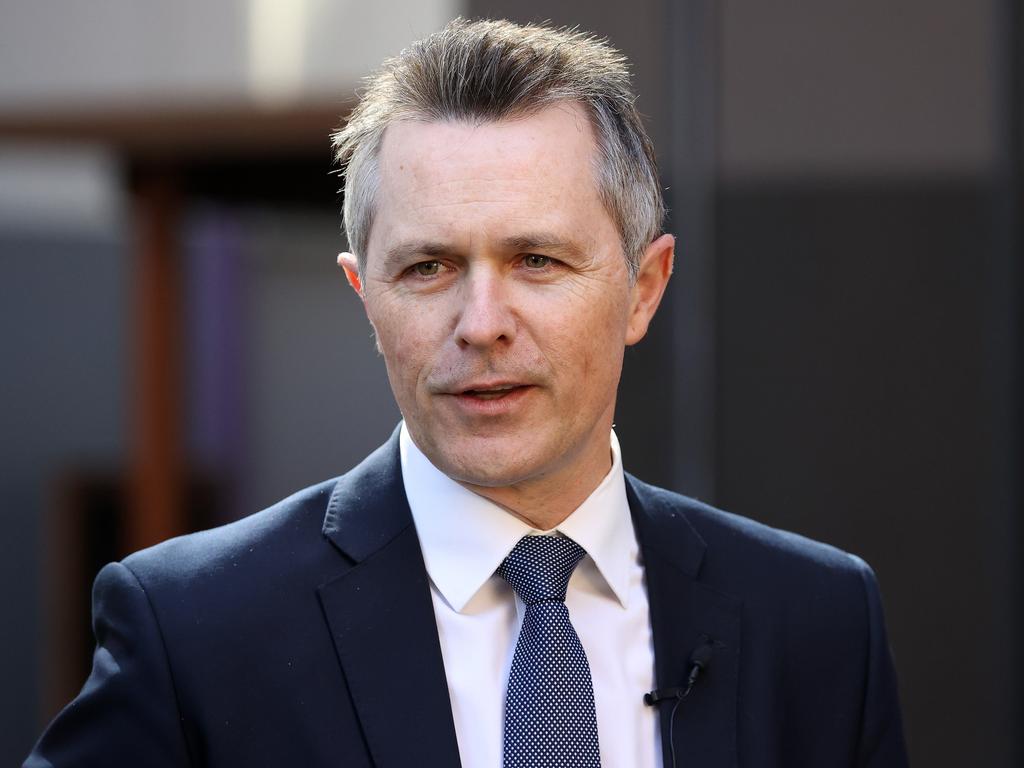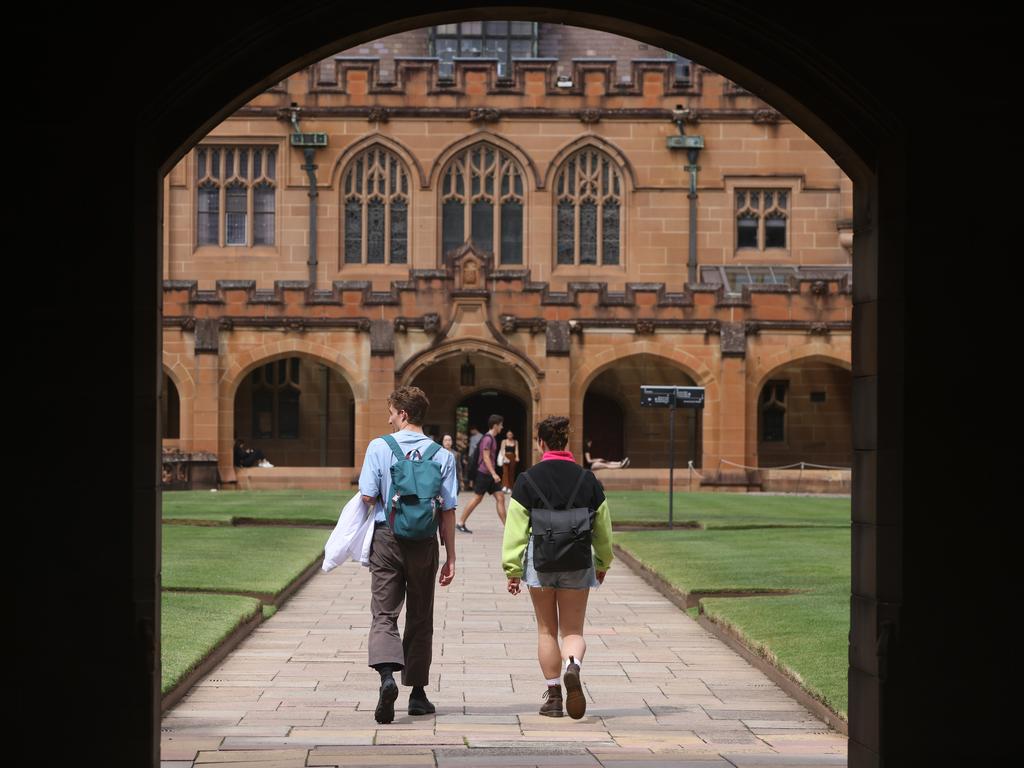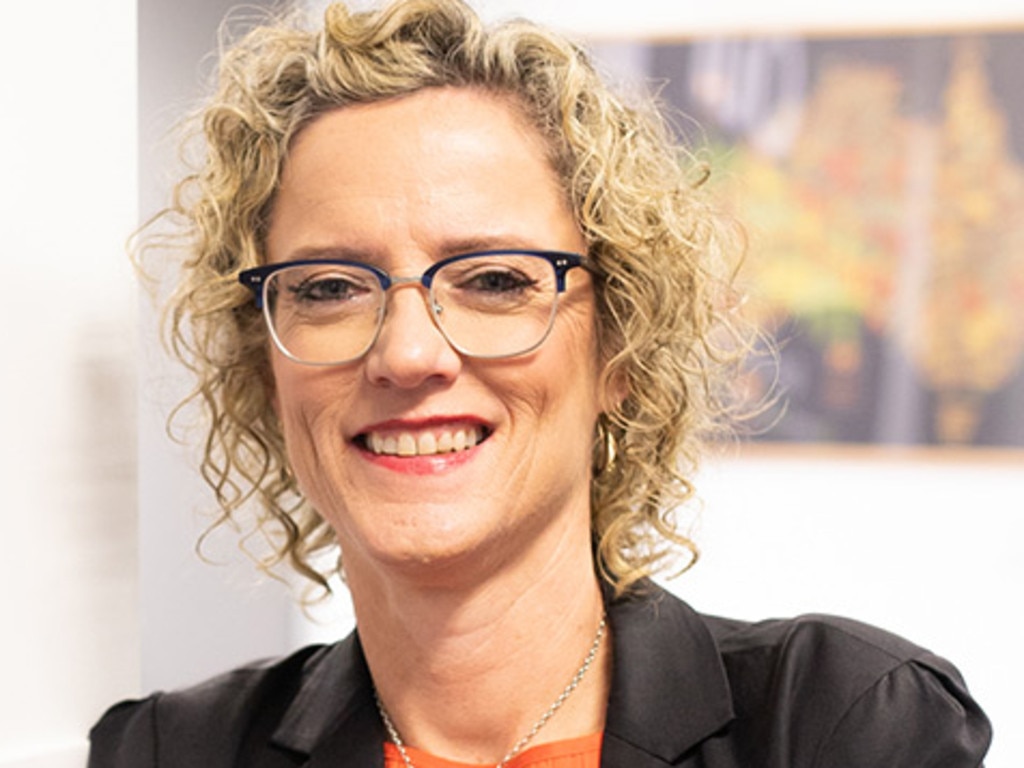‘Need to be accountable’: Draft action plan to end gender-based violence at university released
Sexual violence victim-survivors and advocates have welcomed a draft action plan to end gendered violence in universities.
Sexual violence victim-survivors and advocates have welcomed a plan to end gendered violence in universities, released publicly today by Federal Education Minister Jason Clare.
The draft action plan, developed by a working group on university governance chaired by Our Watch CEO Patty Kinnersly, was presented at a meeting to education ministers on Tuesday.
The plan outlines seven actions to address sexual assault and harassment, including an independent watchdog separate to the current regulator, greater transparency of disclosures, a whole-of-sector approach to address gender-based violence via a national code to be tabled in parliament, and establishing Australia’s first independent student ombudsman.
Ministers are now seeking feedback on the plan to inform the potential design of the proposals.
“All students and staff should feel and be safe on campus and in residential colleges. More needs to be done to make this possible, and more needs to be done to support student and staff when the worst happens,” Mr Clare said.
“This draft action plan sets out to achieve this. I particularly thank the victim-survivor advocates and students involved in its development.”

Sexual violence on campus, according to both the Change the Course: National Report on Sexual Assault and Sexual Harassment at Australian Universities, conducted in 2017, and the latest National Student Safety Survey, conducted in 2021, is as prevalent in tertiary education settings as it is in the community, if not more so.
The latter, in which 44,000 students participated, found that one in six students had been sexually harassed. One in 20 said they had been sexually assaulted. Almost half of the incidents happened in campus areas, despite more than 50 per cent doing their studies online because of the pandemic.
A recent survey of university staff by the National Tertiary Education union, meanwhile, found that 23 per cent experienced sexual harassment on a weekly basis, and 21 per cent on a monthly basis.
Ms Kinnersly applauded “the courage of not only victim-survivors, but everybody who has contributed to this process and the leadership who will take us to the next step”.
“We have been able to contribute to this action plan over only a 10-week period because it builds on a decade of work,” she told news.com.au.
“It builds on a decade of victim-survivor advocacy, on reports, on recommendations, on consultations … We would not be at this point if the victims and victim-survivors and their advocates had not continued to share their stories and their experiences to make sure universities are places of safety.”

Leading student safety advocates, including End Rape on Campus Australia, Fair Agenda, The STOP Campaign and the National Union of Students welcomed the draft action plan, saying it “has the potential to be transformative” for students and victim-survivors.
Founder of The STOP Campaign, Camille Schloeffel, said the process of shaping it “is the first time in six years of speaking about this issue – as a victim-survivor, residence leader and campaign advocate – that I have felt heard”.
“The first time I haven’t been told that I need to be quiet, that I need to get over it, and that it’s not that bad,” Ms Schloeffel said.
“This action plan has the potential to make a massive difference for students, and help move us towards a system where victim-survivors can get the support they need to continue their studies, no matter which uni they go to.”
Sharna Bremner, who founded End Rape on Campus in 2013, has worked in the years since to support 200 students “who have been harmed by their university’s response to their sexual assault”.
“They deserved so much better – but their universities were never required to do anything differently,” Ms Bremner said.
“This proposed plan could change that, and stop universities causing further harm to rape survivors.”

This process, Ms Kinnersly said, “is about hearing [victims and victim-survivors] and about recognising the trauma, and apologising”.
“I’m so, desperately sorry that people … often living independently for the first time, often starting their whole next work-life at university – which is supposed to be this joyous time – not only face an experience of great trauma, [but] then the process has let them down and they feel disrespected again,” she said.
“So, I would say thank you to them for their courage in continuing to tell and share their experiences to get us to this point.”
Ms Kinnersly stressed that, while scattered efforts have been made in the past by the tertiary education sector to combat gender-based violence, the draft plan “is big”.
BREAKING: Leading student safety advocates @FairAgenda, @EROCAus, @StopCampaignAus & @NUSWomens welcome new draft Action Plan as potentially transformative on sexual violence in unis #EndRapeOnCampus#EnoughIsEnough
— Fair Agenda (@FairAgenda) November 22, 2023
Read more: https://t.co/pL0lOj3vd2pic.twitter.com/Gwp696Hpm8
“It’s a big change. This is not just a tweaking around the edges. This is a really big change that brings universities up to a standard that I think the community would expect, in a consistent and transparent way,” she said.
“In our conversations over the last 10 weeks, the same themes kept coming up about universities – we need them to be transparent, we need them to be accountable, we need them to focus not just on response but prevention [and] how they can stop this from happening in the first place. We need better mechanisms for reporting, and we need genuine leadership.
“Those themes really came through in all of our conversations, and you see those playing out in the recommendations … There’s some genuine actions that will require reporting and accountability and transparency that have not happened across the whole sector before.”
Advocates said that while the specific sanctions available for universities and residences who put student safety at risk are not specified in the plan, they are encouraged that it “provides a pathway to finally holding those institutions to account”.

Today’s release comes after a landmark Senate inquiry into sexual consent laws this year heard that the “university sector’s commitment” to responding to sexual violence affecting both staff and students, had “at best, waned and, at worst, stalled”.
“It is a searing indictment of Australia’s university sector and the regulator, the Tertiary Education Quality and Standards Agency (TEQSA), that dedicated and courageous advocates for university students who have suffered from sexual violence on campus should hold the view that making complains is causing great trauma to the victims of sexual violence,” a report on the inquiry, released in September, noted.
“In the strongest terms, this committee says that is a shameful state of affairs. It is unacceptable.”
Every “major setting that we live in and interact with”, Ms Kinnersly said, “has a responsibility to contribute to an environment where women are safe and equal and respected”.
“Universities are not bit-part players. They have 1.5 million students, 130,000 staff. Not only that, they’re developing our next teachers, and nurses, and prime ministers,” she said.
“And so they really need to lean into this work, create a safe and equal environment for their students and staff, respond well, but also actually contribute to national efforts to prevent violence against women and children.”
Originally published as ‘Need to be accountable’: Draft action plan to end gender-based violence at university released





